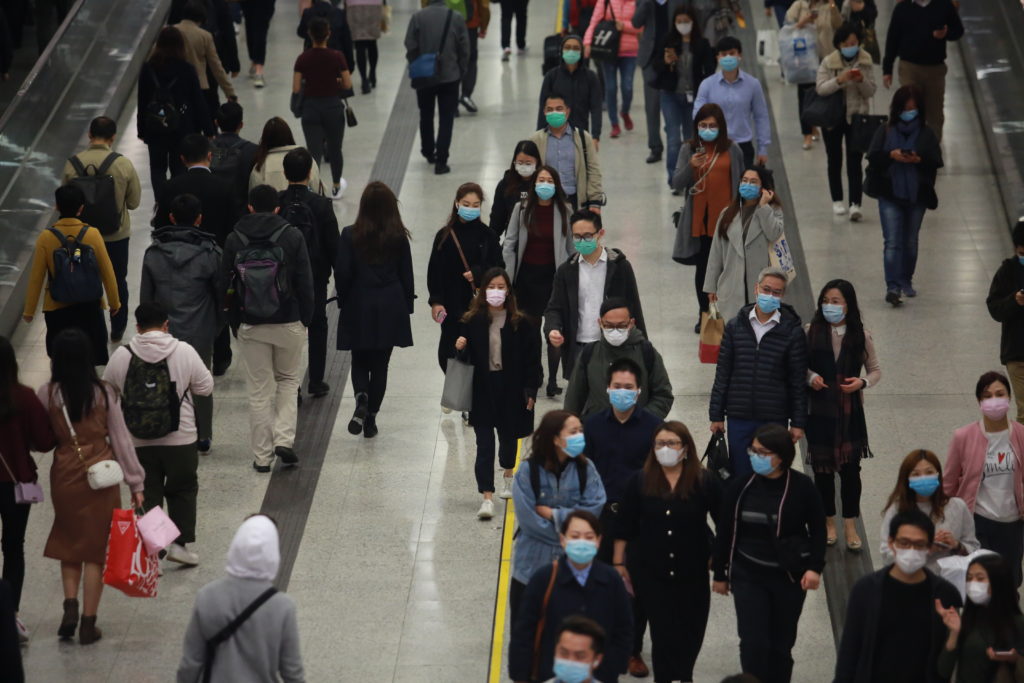Quick Hits
Daily brief research updates from the cognitive sciences

This is a fascinating study that shows that wearing masks changes behaviour in subtle but important ways. There were reports at the start of the pandemic that mask wearing increased social distancing most likely because there is a physical reminder of hygiene.
This study in China focused on how wearing masks influences so-called deviant behaviour. That’s not as bad as it sounds, it just means going against norms and rules such as running red lights, violating parking rules, but also cheating for money.
There is, however, an argument that wearing masks increases anonymity and therefore could increase this deviant behaviour. The researchers from MIT analysed this in 10 separate studies.
First off, they analysed data from traffic cameras to see how motorists, cyclists, and pedestrians with and without masks behaved. They noticed that pedestrians and cyclist who wore masks were less likely to run red lights compared to those who were maskless.
However, this could be down to those who wear masks being more cautious and safety conscious – so further experiments were carried out to see if they could find causality.
One of these was focused on parking spaces for bicycles – something that does not affect safety. They found that those wearing masks were more likely to follow the rules and park in the formally assigned spaces.
Another experiment was also conducted with participants randomly assigned to mask-wearing and non-mask-wearing groups and played games for small amounts of money – with an ability to cheat to win. Those wearing masks cheated less.
This was a large-scale study with 10 experiments with about 68’000 observations, so the results are pretty clear that wearing masks increases following rules and norms to a small but significant degree.
Obviously, this was only focused on China so this may not generalise to other countries particularly where mask wearing has become a political statement such as in the USA. The researchers note that in China mask-wearing is seen as a moral behaviour.
Nevertheless, fascinating that there is a positive knock-on effect in society – I’d certainly be interested in data from other countries.

Andy Habermacher
Andy is author of leading brains Review, Neuroleadership, and multiple other books. He has been intensively involved in writing and research into neuroleadership and is considered one of Europe’s leading experts. He is also a well-known public speaker, speaking on the brain and human behaviour.
Andy is also a masters athlete (middle distance running) and competes regularly at international competitions (and holds a few national records in his age category).
References
Jackson G. Lu, Lesley Luyang Song, Yuhuang Zheng, Laura Changlan Wang.
Masks as a moral symbol: Masks reduce wearers’ deviant behavior in China during COVID-19.
Proceedings of the National Academy of Sciences, 2022; 119 (41)
DOI: 10.1073/pnas.2211144119
More Quick Hits
What Makes Human Brains Different?
Those who have followed my writing and articles will know that this is a question that comes up regularly. Just what is different to human brain compared to other species?
Brain Centre For Altruism Identified
Various parts of the brain have been associated with social behaviour but this particularly interesting study looked at effortful decision-making to help others and identified a region that only activates to this.
Genes Or Exercise for Living Longer?
We all know that we should get our exercise. And we all know that this is associated with many positive health outcomes. This includes living longer.
Yay! “Inoculation” Against Misinformation Effective
Wouldn’t it be great in the current world if we could inoculate people against misinformation. Sigh! But that will never happen
Lack Of Sleep Makes Us Selfish
We humans are a social species, we do things in groups, gather in restaurants, bars, music venues, and public spaces together.
Don’t Try to Change Minds – Change Behaviour
Don’t try to change minds, but simply change behaviour is the result a group of researchers have come to with regard to vaccinations.






